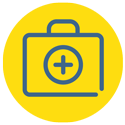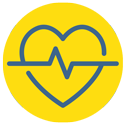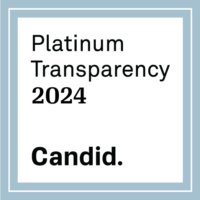Here’s how cancer impacts a young person’s life…

The Diagnosis
Young adults are more susceptible to delayed diagnoses. There is little to no emphasis on prevention and early detection. ``I didn't even know that young people our age could get cancer...`` -Monica, 16

The Interruption
Teens and young adults are already faced with numerous pressure filled decisions and challenges ranging from going to and graduating college, starting their career, getting married, buying a home and supporting a family. But every year, roughly 70,000 hear, ``YOU HAVE CANCER.``

The Treatment
Young adults can receive cancer treatment in a Pediatric Hospital or an Adult Hospital. But they don't belong in either. They have social, medical and psychosocial needs that differ from children and older adults, including: How their treatment will affect their fertility. How they can continue to support their family. How they'll maintain insurance. How to live with a new normal.

The Survival
The end of cancer treatment is the beginning of healing and a new normal. This includes careful long-term follow-up with your medical team and making healthy life choices to remain strong. It is important to be knowledgeable and watchful for potential side effects from your treatment. While physical health is important, emotional and psychological health is essential to full recovery.


